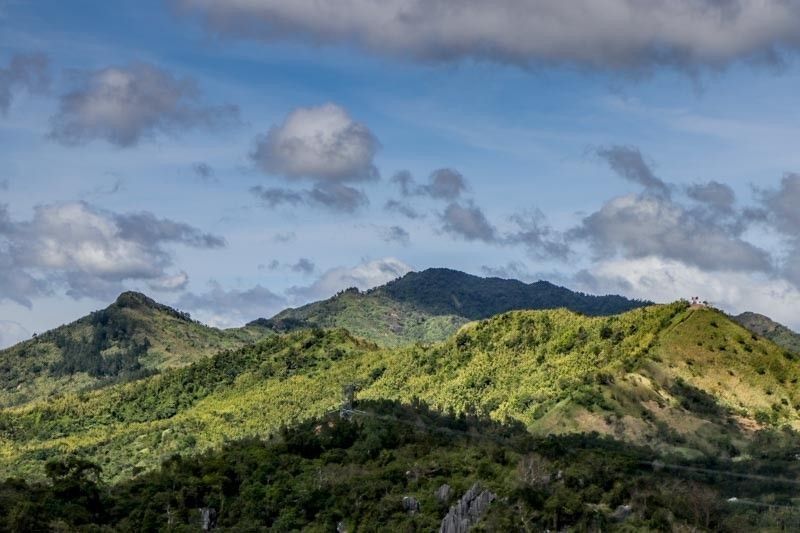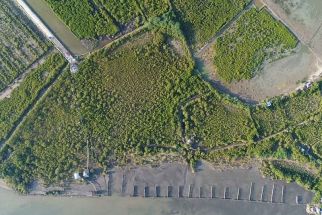Conservation, indigenous rights, money: COP15 sticking points

PARIS, France — A new global biodiversity framework will seek to safeguard the planet's ecosystems and species by 2030, but major sticking points remain, with just two of the 22 targets agreed upon so far.
Delegates meet next week in Montreal for UN talks to try and finalize the landmark deal, which is negotiated every 10 years.
Here's what you need to know about the draft text, including its most contentious points.
'30 by 30'
The cornerstone of the agreement is the so-called 30 by 30 goal—a pledge to protect 30 percent of the world's land and seas by 2030.
Currently, only about 17 percent of land and seven percent of oceans are protected.
And some experts say 30 percent is a low aim, insisting that protecting 50 percent would be better.
So far, more than 100 countries have publicly pledged support for the 30 by 30 target, and observers say it has received broad support among negotiators.
But details about how it will be implemented, and how indigenous rights will be included in the final text, still need to be ironed out.
Indigenous rights
The question of indigenous rights will be crucial.
The issue gets its own target, but advocates say it has to be adequately addressed throughout the text, especially when it comes to trade, hunting, fishing and the sharing of benefits.
"Making sure that they're seen as stewards rather than just stakeholders" is crucial, said one source close to the talks.
Land use is also a key issue. About 80 percent of the Earth's remaining biodiverse land is currently managed by indigenous people, and it's broadly recognised that biodiversity is better respected on indigenous territory.
Many activists want to make sure their rights are not trampled in the name of conservation— previous efforts to safeguard land have seen indigenous communities marginalised or displaced in what has been dubbed "green colonialism".
Observers say improper management of conserved areas risks creating "paper parks"— protected in principle, but badly taken care of in practice.
Biopiracy
The sticky issue of biopiracy is a red line for many countries, especially in Africa, and risks derailing the negotiations.
Broadly speaking, biopiracy refers to the exploitation of resources like medicinal plants by large companies.
Countries in the global south want the benefits of those resources to be shared, an issue that has brewed since the early 1990s.
Data derived from those resources is often digitally sequenced and stored in publicly accessible libraries.
Wealthy countries want to ensure that precious scientific research is not stymied by onerous regulations or hefty payments, and that digitally sequenced information remains publicly accessible.
"These populations don't see a penny of the (natural) wonders they have preserved", economist Catherine Aubertin from France's Development Research Institute told AFP, calling it "looting" and a "major historical frustration".
Finance
As ever, money remains a difficult question.
The current finance gap for biodiversity ranges from between $600 billion to almost $825 billion per year, according to experts.
A group of developing nations including Gabon, Brazil, South Africa and Indonesia this year called for rich countries to provide at least $100 billion annually—rising to $700 billion a year by 2030—for biodiversity.
But many Western nations are reluctant to create a distinct fund for nature.
The draft text also includes an aim to redirect, reform or end about $500 billion annually in subsidies that encourage activities harmful to nature.
- Latest































